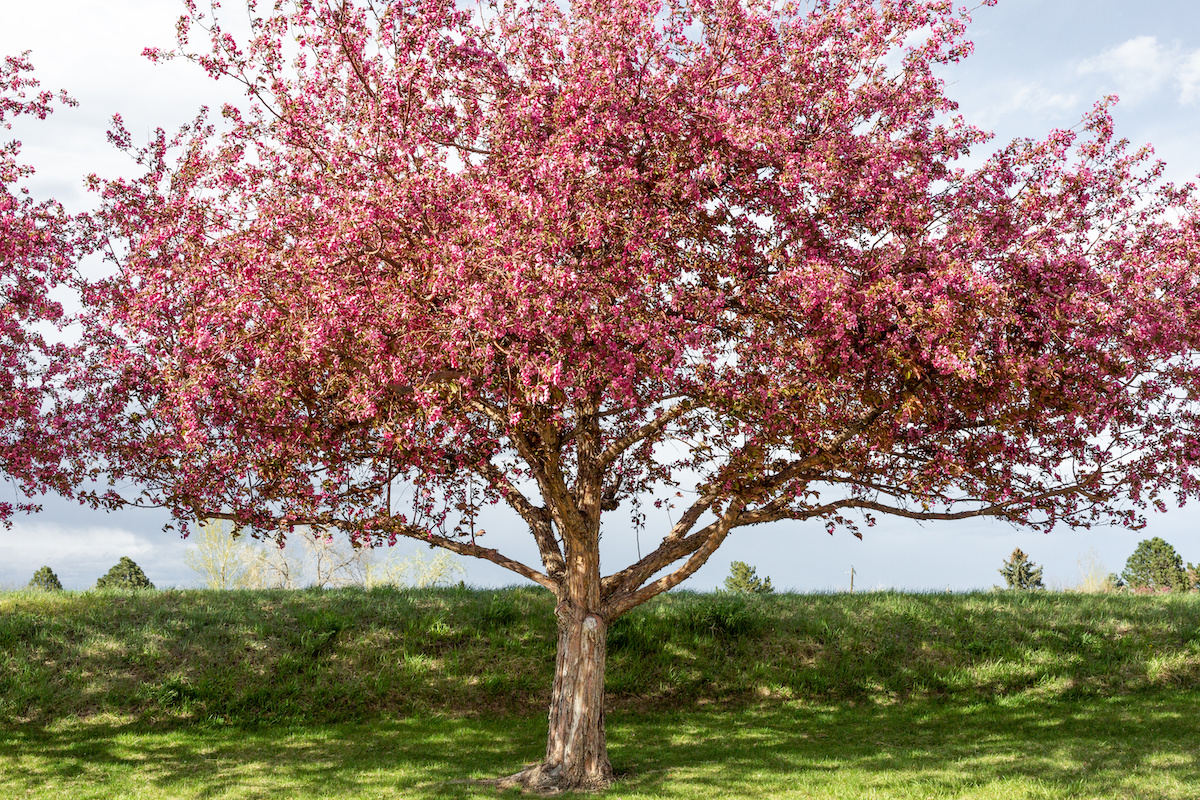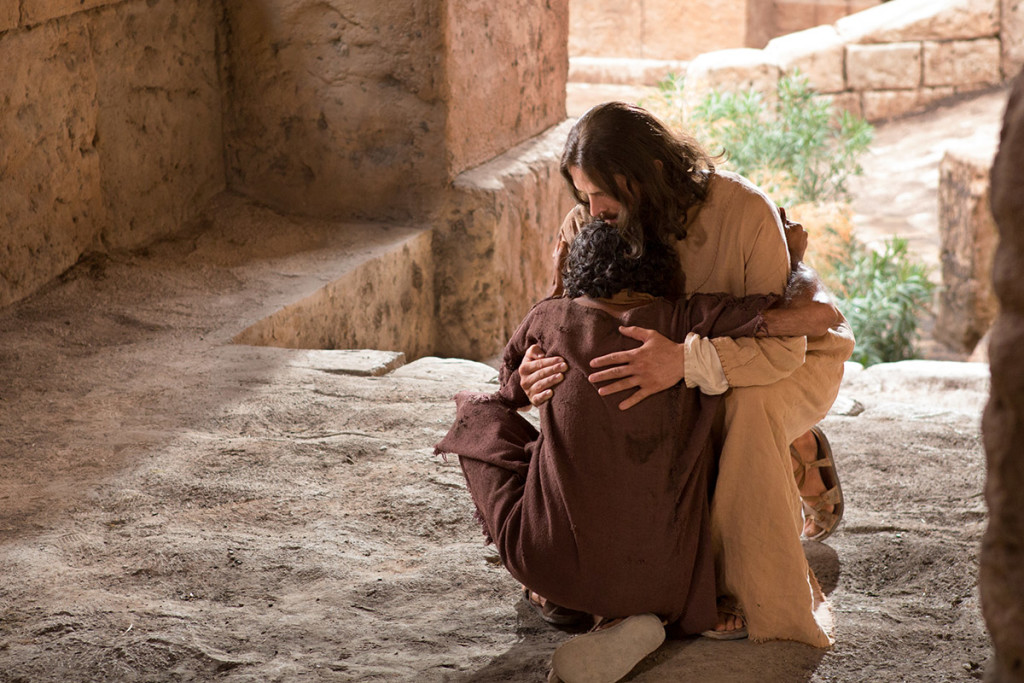Generosity
Possession. We usually think of Jesus curing the demoniac or movies about exorcism when we hear this word, but there are more layers and meanings than we realize at first glance. Everyone has possessions – things they own — and simply having things, even a lot of things, is morally neutral. It’s the value we place on these things in our lives that determines whether we possess things or our things possess us. Of course, the more things we possess, the greater the challenge not to be possessed by them. The sheer effort involved in maintaining, insuring, and securing our possessions grows as we accumulate more stuff.
So where do we fall on the spectrum? We must ask ourselves: do we focus on gratitude for what we have been given, or do we focus on accumulating more possessions to elevate our status? Do we appreciate the talent God has given us (or our ancestors) to amass things of beauty or do we get bored with what we have? Are we genuinely happy for our friends and neighbors when they achieve what they have worked for or are we envious of their success? Do we look for ways to share with others or do we assume everyone else wants to take our treasures? If we are honest with ourselves, we are all in danger of being possessed by our things to some degree, so how do we break free of this? More importantly, why should we want to?
We can start now in this season of Lent with fasting and almsgiving. Fasting forces us to focus on spiritual food. If we cannot fast from a meal for health reasons, then we should fast from electronics and social media. The whole point is to replace the time spent on eating (or surfing social media) with prayer. It is not so much a giving up of something we want, as it is of giving ourselves something better. It is a chance to break free from our self-criticism and the criticism of the evil one who enumerates all our faults to put ourselves in the presence of God who loves us and wants to heal our brokenness and strengthen our souls.
Almsgiving gives us a chance to minister to Jesus in His beloved poor. Jesus tells us, “The measure you measure with will be measured back to you.” (Mt 7:2) Almsgiving requires us to trust God that we have enough for ourselves and enough to help others. Almsgiving on a regular basis helps us to cultivate a spirit of generosity which moves us from worrying about our possessions to gratitude for our blessings.
Once we break free of being possessed by our possessions, something amazing happens – we appreciate everything around us. I can take walks and notice the gardens my neighbors have and appreciate their beauty without having to do all that weeding. I lost my favorite Crabapple tree to an early frost one year, but I always smile when I see the neighbor’s tree in bloom every spring because it is so beautiful. I can’t sing, but listening to the beautiful voices of our choir profoundly touches my soul. This in turn enhances my prayer life, my sense of peace, my joy. I open myself to the greatest possession of all: possessing God and being possessed by Him.





